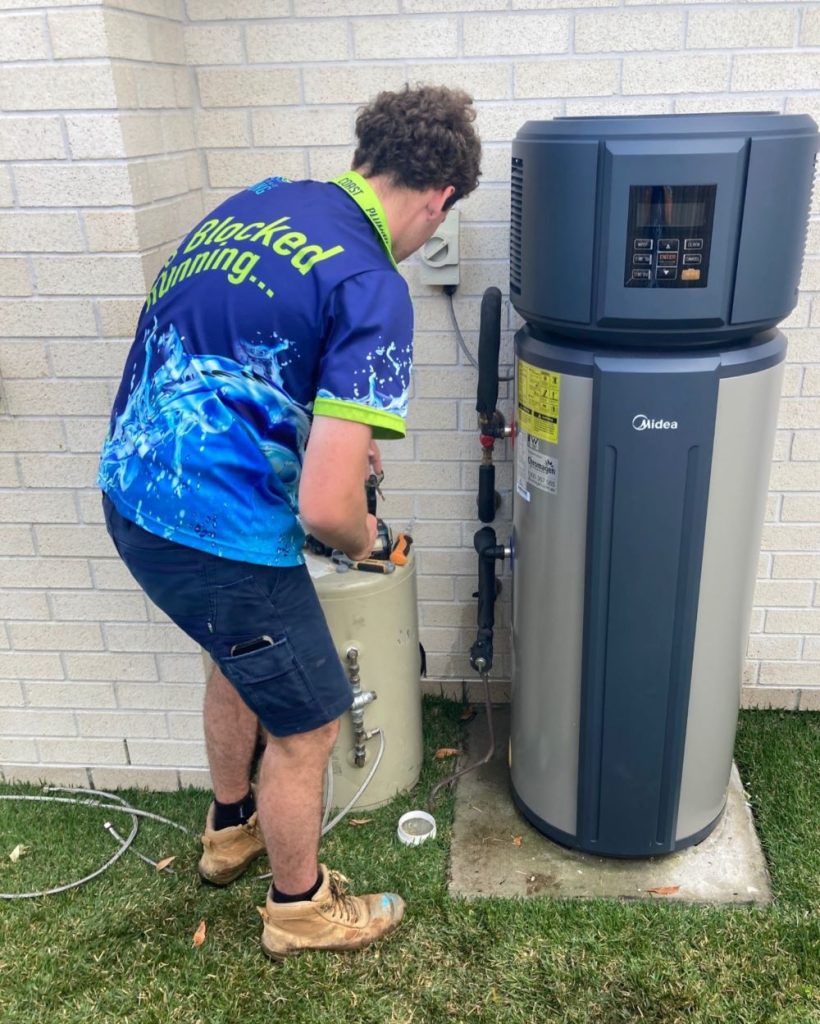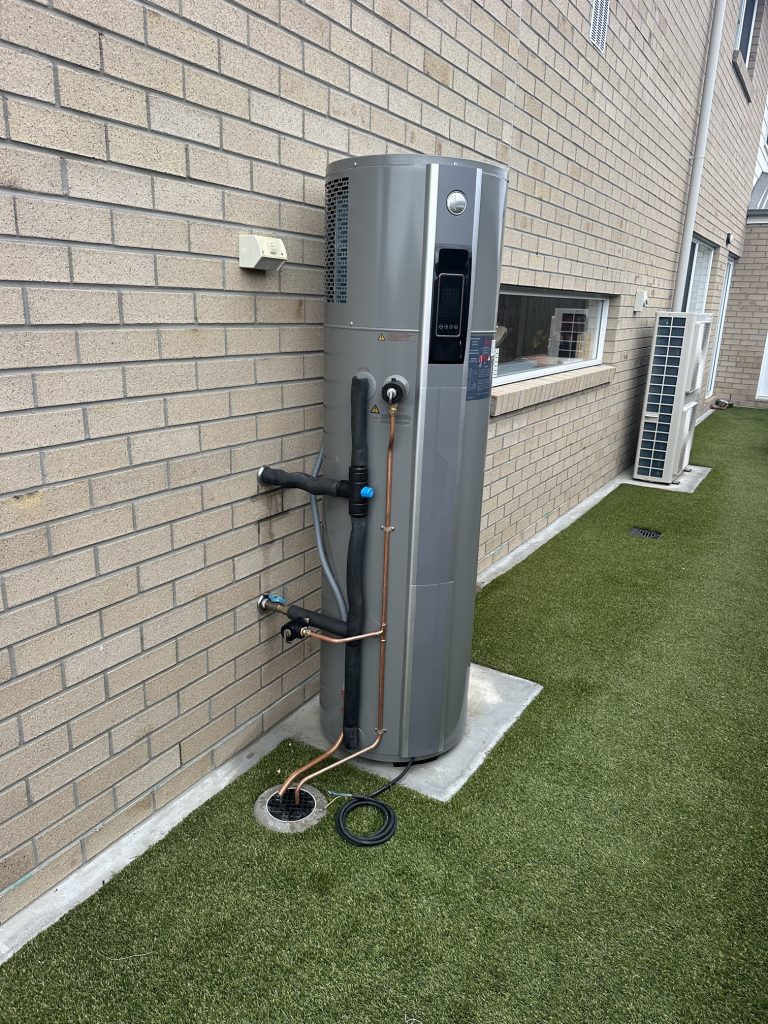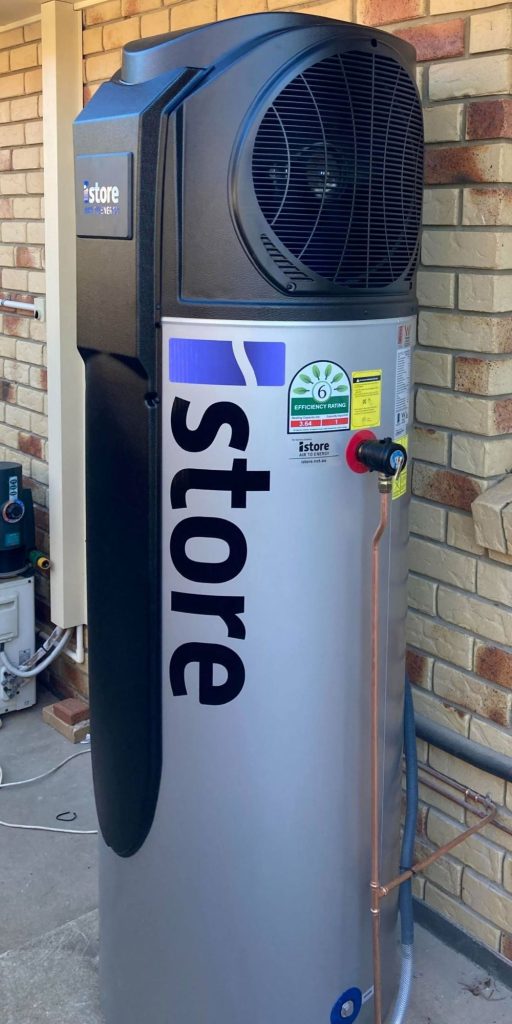Understanding the Unique Challenges of Selecting Hot Water Systems in Queensland's Climate
Choosing the ideal hot water system for your home in Queensland involves much more than simply picking a brand or considering the capacity of the unit. It requires a thorough understanding of various factors, including the local climate, humidity levels, electricity tariffs, and your household's daily hot water consumption. As energy prices continue to escalate, there is a noticeable shift towards heat pumps, which are favoured for their energy-saving capabilities and environmental benefits. However, it is important to note that these systems may not be suitable for all property types. Therefore, a comprehensive assessment of all relevant factors is essential prior to making a decision, ensuring optimal performance and longevity of your hot water system.
This article delves into the functionality of heat pumps within the diverse climatic conditions of Queensland, highlights which types of properties gain the most from these innovative systems, and aims to dispel common myths that could result in poor performance or incorrect system selections.

Enhancing the Performance of Heat Pumps in Coastal Queensland Conditions
Heat pump water heaters function by extracting thermal energy from the surrounding air. Their efficiency is significantly boosted by rising ambient air temperatures. In the coastal regions of Queensland, particularly in sought-after areas like the Sunshine Coast, Brisbane, and the Fraser Coast, average air temperatures generally remain above 5°C even during winter. This consistent warmth enables heat pumps to operate efficiently throughout the year without the need for electric boosting or supplementary heating elements that are often required in cooler climates. By harnessing this natural energy, homeowners can experience reduced energy expenses and a lower carbon footprint.
Crucial Environmental Factors That Enhance Heat Pump Efficiency
| Factor | Impact on Heat Pump Functionality | Coastal QLD Efficiency |
|---|---|---|
| Average ambient temperature | Higher = more efficient operation | ✓ Consistently maintained above 5°C |
| Humidity levels | Moderate improvements | ✓ Generally high and stable |
| Access to off-peak electricity | Lower operational costs | ✓ Widely available in most regions |
| Roof shading | Not a significant factor | ✓ No detrimental impact on system |
| Direct sunlight exposure | Not a necessity | ✓ Functions well in shaded conditions |
Identifying Scenarios Where Heat Pumps May Not Operate at Peak Efficiency
Although heat pumps offer numerous advantages, there are specific scenarios in Queensland where their performance may not meet expectations:
- Inland or elevated regions
In locations such as Toowoomba or the Hinterland, nighttime temperatures can drop significantly during winter months. Under such conditions, certain heat pump models may struggle to maintain optimal efficiency without the assistance of a booster element, resulting in increased energy consumption and higher costs. - Restricted or poorly ventilated outdoor areas
Heat pumps require sufficient airflow around their compressor units to function efficiently. In confined or enclosed spaces, the efficiency of heat extraction may diminish, and operational noise levels could rise, potentially causing disturbances for nearby residents. - Large households with significant hot water needs
In homes with more than six residents, systems that offer greater water storage or faster recovery rates, such as solar-boosted gas systems, may be more advantageous for efficiently meeting high hot water demands.
Clarifying Common Misunderstandings About Heat Pumps in Queensland
“They become ineffective during winter.”
This notion may hold true in colder southern climates but does not apply to Queensland. In regions where average temperatures consistently exceed 5°C, heat pumps maintain their efficiency throughout winter, providing dependable hot water solutions even in cooler months.
“Solar panels are essential for heat pumps to operate.”
This statement is misleading. Heat pumps can function independently of solar photovoltaic (PV) systems, although integrating them with solar energy can further enhance your energy savings and environmental sustainability.
“Heat pumps are excessively noisy and disruptive.”
Modern heat pump systems are designed to operate much more quietly than older models. When installed correctly in well-ventilated locations, the noise produced by the compressor unit is typically minimal, allowing for a comfortable living environment.
Effective Strategies for Optimising Heat Pump Installation and Performance in Queensland
- Choose a system designed for Australian conditions
Select models that demonstrate high-efficiency ratings and dependable local support, such as istore or Stiebel Eltron, both of which are renowned for their reliability in the Australian climate. - Install in a well-ventilated but shaded location
While heat pumps do not require direct sunlight, they do need adequate airflow around the unit to function efficiently and effectively. - Utilise timers or smart controls
Programming the system to operate during periods of solar power generation or off-peak electricity hours can significantly boost energy savings and reduce overall costs. - Ensure proper sizing of the system
A capacity ranging from 250 to 300 litres typically meets the needs of most families. An undersized system may lead to performance issues and increased reliance on boosting mechanisms, which can elevate energy consumption.
The Essential Importance of Local Expertise in Successful Heat Pump Installation
Successful installation of a heat pump requires a tailored approach to achieve optimal results. The finest outcomes are achieved through collaboration with a local plumber who possesses expertise in:
- Performance tailored to local climate conditions, ensuring maximum efficiency
- Eligibility for rebates such as Small-scale Technology Certificates (STCs) and various Queensland government incentives that promote energy efficiency
- Optimal placement and ventilation strategies for the unit to improve performance
- Integration with solar PV systems or battery storage solutions, if applicable, to enhance energy efficiency
At Creek to Coast Plumbing, we specialise in supplying and installing high-performance hot water systems, including heat pumps, across the Sunshine Coast and Moreton Bay regions. Our dedicated team is committed to helping you identify which type of hot water service will best meet your needs. As the demand for energy-efficient hot water solutions continues to rise, many individuals are evaluating solar options alongside heat pumps. We will assess the specific conditions of your home, recommend the most suitable system, and ensure you are equipped for maximum efficiency.
Discover more about our Heat Pump Hot Water Installations or contact us for a personalised recommendation tailored to your specific needs.
The Article: Heat Pumps in Queensland: Effective Solutions and Pitfalls first appeared on https://writebuff.com
The Article Heat Pumps in Queensland: Benefits and Challenges Explained Was Found On https://limitsofstrategy.com


